Image courtesy of Black Cat Vintage.
I am the lucky steward of an extraordinary gown that was worn to the Presidential inauguration of William Howard Taft in 1909. Custom made for its owner, whose brother attended Yale University with the then-incumbent President, the dress has been the solitary focus of my attention for the last two weeks as I prepare to loan it to the Rosson House Museum for their upcoming exhibit, Dressing Downtown.
My attention to the gown subsequently led me down a rabbit hole of research into the 1908 Presidential election, whose major issues bear an odd resemblance to those of the 2016 election. In observance of this week’s inauguration, our newest blog post takes a closer look.
Deep in the throes of the Industrial Revolution, America in 1908 was the nation of JP Morgan, John D Rockefeller and Andrew Carnegie, whose corporate monopolies afforded them exceptional influence on the government. The effort to remove money from politics subsequently became a cornerstone of President Theodore Roosevelt’s second term, culminating in 1907’s Tillman Act: a direct precursor to the campaign reforms outlined in McCain Feingold (2002) and recently defanged by Citizens United v. FEC (2010).
Unsurprisingly, the Gilded Age was also the era of the American population’s starkest income disparity…until now. Monikers like “the 1%” used during the 2011 Occupy Wall Street movement originate from this time period, when one percent of the population received almost a quarter of the nation’s pre-tax income and 90% lived below the poverty line.
Images courtesy of Puck archives (U Penn) and The Arizona Daily Star.
Ubiquitous in the 2016 election, the media also played a critical role in the election and popularity of both Roosevelt and Taft.
In the days before radio, television and the Internet, popular access to political candidates was granted via newspaper journalists, whom Roosevelt embraced. The window these journalists provided into Roosevelt’s daily regime and policy-making—as well as Roosevelt’s own plain speech, unaffected manner and robust masculinity—gave the majority of Americans the impression that he was one of their own, despite his wealthy upbringing and graduation from Harvard. By offering unfiltered contact with constituents, social media similarly allowed the current President-elect to resonate as a man of the people with disaffected voters in 2016.
Images courtesy of The Greensboro Historical Museum and CNN.
The last and perhaps most momentous similarity between the two elections is the rift the respective candidates opened in the Republican Party. Though he had hand-picked Taft as his successor and pledged not to run in another election, in 1912 Roosevelt formed the Bull Moose Party, a more radical alternative to the Progressive Republican ideals he felt Taft had betrayed. In doing so he split the Republican vote and handed Democrats the 1912 win.
Similar divisions in Republican ideology led to the formation of the Tea Party, a conservative populist movement, in 2009. The split raised legitimate concerns about the party’s future and culminated with the election of Donald Trump: a Republican so divisive that many in his own party refused to vote for him.
The Bully Pulpit: Theodore Roosevelt, William Howard Taft and the Golden Age of Journalism.
Video courtesy of the Library of Congress.
Image courtesy of the Library of Congress.
Though they are difficult to ignore once revealed, the discovery of these eerie similarities began innocently: I merely noticed some unusual wear to the underside of the gown’s train. I later learned the weather in Washington DC on March 4, 1909 was so atypically wintry that inauguration ceremonies were forced inside the Senate chamber. Ten inches of snow were to blame for the stains on the gown’s hem.
During the inauguration, Taft apparently joked that he knew “it would be a cold day in Hell” when he became President. His then-ally Roosevelt retorted that the snow only represented the purity of the new administration. Which leads me to wonder how the weather will be in the Capitol this Friday.
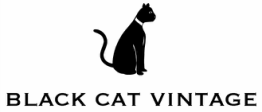
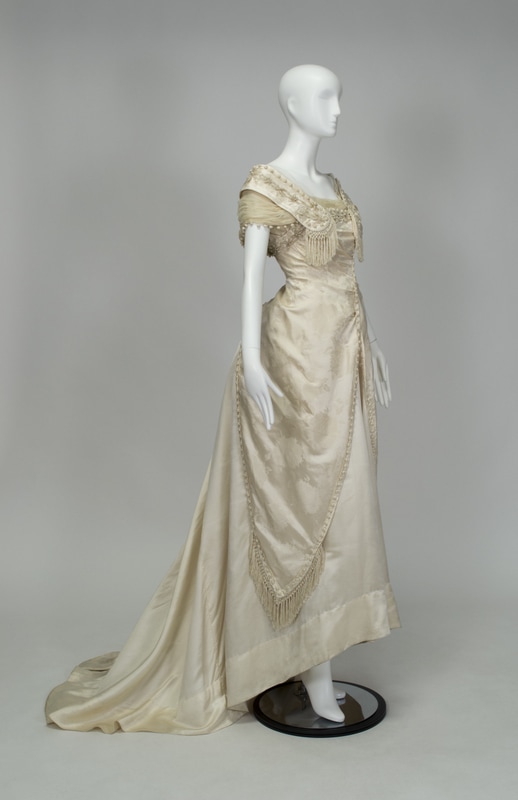
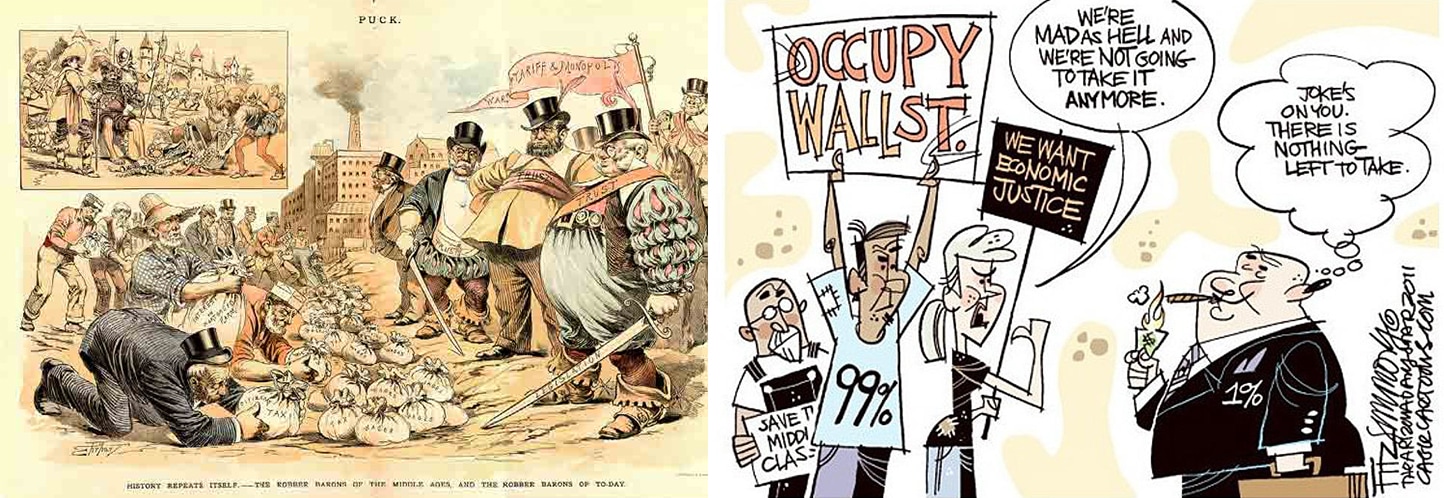

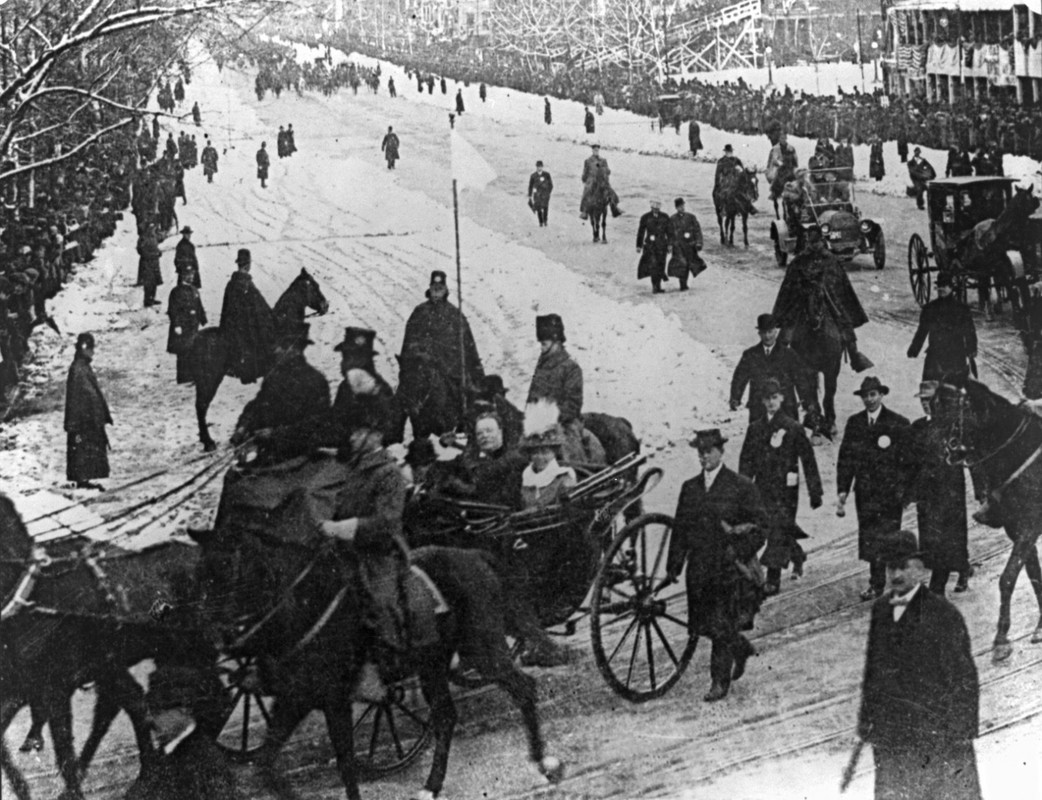
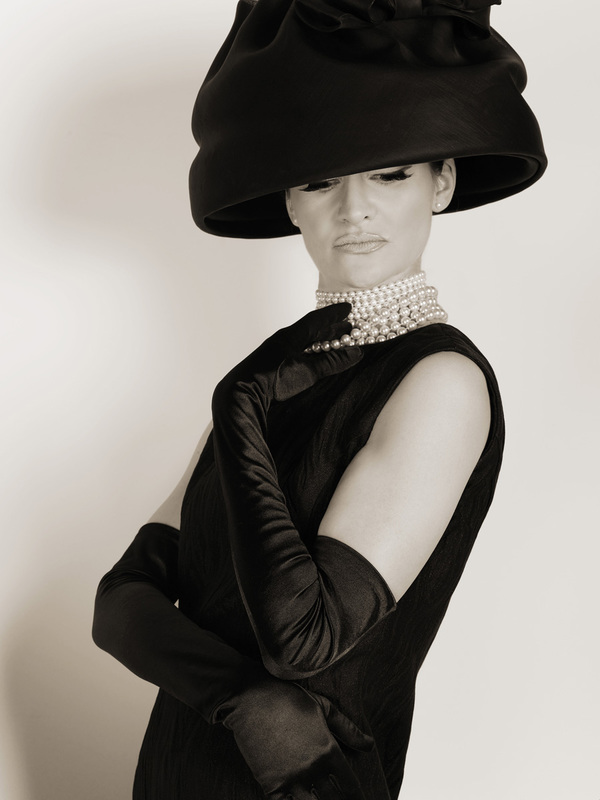
 RSS Feed
RSS Feed
